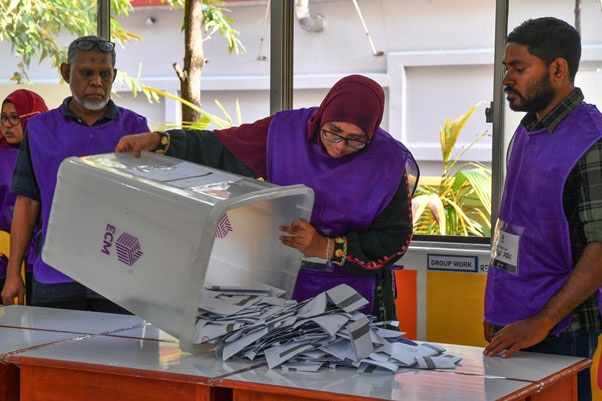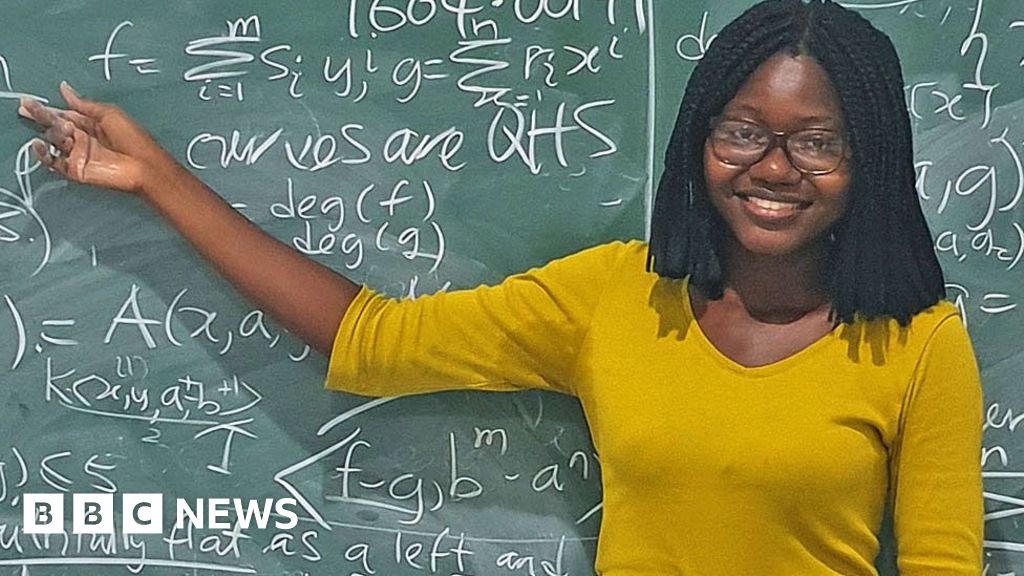Israeli anger grows at conduct of war
As Israel’s war in Gaza enters a new, violent phase, a growing number of voices within the country are speaking out against it – and how it’s being fought.
Yair Golan, a left-wing politician and former deputy commander of the Israel Defense Forces (IDF), sparked outrage on Monday when he said: “Israel is on the way to becoming a pariah state, like South Africa was, if we don’t return to acting like a sane country.
“A sane state does not wage war against civilians, does not kill babies as a hobby, and does not set itself the goal of depopulating the population,” he told Israeli public radio’s popular morning news programme.
Prime Minister Benjamin Netanyahu hit back, describing the comments as “blood libel”.
But on Wednesday, a former Israeli minister of defence and IDF chief of staff – Moshe “Bogi” Ya’alon – went further.
“This is not a ‘hobby’,” he wrote in a post on X, “but a government policy, whose ultimate goal is to hold on to power. And it is leading us to destruction.”
Just 19 months ago, when Hamas gunmen crossed the fence into Israel and killed around 1,200 people, mostly civilians, taking 251 others back to Gaza as hostages – statements like these seemed almost unthinkable.
But now Gaza is in ruins, Israel has launched a new military offensive, and, though it has also agreed to lift its 11-week blockade on the territory, just a trickle of aid has so far entered.
Recent polling by Israel’s Channel 12 found that 61% of Israelis want to end the war and see the hostages returned. Just 25% support expanding the fighting and occupying Gaza.
The Israeli government insists it will destroy Hamas and rescue the remaining hostages. Netanyahu says he can achieve “total victory” – and he maintains a strong core of supporters.
But the mood among others in Israeli society “is one of despair, trauma, and a lack of a sense of ability to change anything”, says former Israeli hostage negotiator Gershon Baskin.
“The overwhelming majority of all the hostage families think that the war has to end, and there has to be an agreement,” he adds.
“A small minority think that the primary goal of finishing off Hamas is what has to be done, and then the hostages will be freed”.
On Sunday, around 500 protesters, many wearing T-shirts with the inscription “Stop the horrors in Gaza” and carrying pictures of babies killed by Israeli air strikes, attempted to march from the town of Sderot to the Gaza border, in protest at Israel’s new offensive.
They were led by Standing Together – a small but growing anti-war group of Jewish and Palestinian citizens of Israel. After attempting to block a road, the leader of the group Alon-Lee Green was arrested, along with eight others.
From house arrest, Mr Green told the BBC: “I think it’s obvious that you can see an awakening within the Israeli public. You can see that more and more people are taking a position.”
Another Standing Together activist, Uri Weltmann, said he thinks there’s a growing belief that continuing the war is “not only harmful to the Palestinian civilian population, but also risks the lives of hostages, risks the lives of soldiers, risks the lives of all of us”.
In April, thousands of Israeli reservists – from all branches of the military – signed letters demanding that Netanyahu’s government stop the fighting and concentrate instead on reaching a deal to bring back the remaining hostages.
Yet, many in Israel hold differing views.
At the Kerem Shalom crossing into Gaza on Wednesday, the BBC spoke to Gideon Hashavit, who was part of a group protesting against aid being allowed in.
“They’re not innocent people,” he said of those in Gaza, “they make their choice, they chose a terrorist organisation.”
It is against some of Israel’s most extreme parts of society – settler groups – that the UK on Tuesday announced fresh sanctions.
In its strongest move yet, the UK also suspended talks on a trade deal with Israel and summoned the country’s ambassador – with UK Foreign Secretary David Lammy calling the military escalation in Gaza “morally unjustifiable”.
The EU said it is reviewing its association agreement with Israel, which governs its political and economic relationship – with foreign policy chief Kaja Kallas saying a “strong majority” of members favoured looking again at the 25-year-old agreement.
On Monday night, the UK joined France and Canada in signing a strongly worded joint statement, condemning Israel’s military action and warning of “further concrete actions” if the humanitarian situation in Gaza did not improve.
“The mood is changing,” says Weltmann, “the wind is starting to blow in the other direction.”
Check out our Latest News and Follow us at Facebook
Original Source







